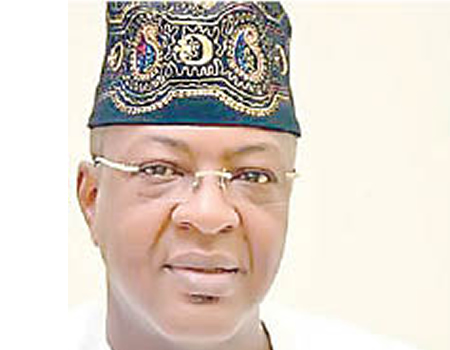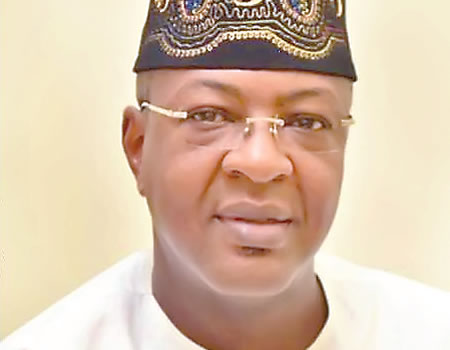The primary role of tourism bureau is to choreograph the overall destination experience, but with tourism bureau under increasing pressure to validate the business case for their funding, so they’re expanding their role and reworking their business model and never has the need to re-examine corporate governance and regulation like before.
So it came as no surprise when Coker’s administration pursued the passage of the new NTDC Act through the Nigerian Senate now pending in the Federal House of Representatives for concurrence despite some resistance by some stakeholders in the industry. Also, the need to rework the new business model saw the Introduction of the new Nigerian Tourism Road Map “CHIEF” for tourism promotion and development and introduction of the New Tourism Master Brand “TOUR NIGERIA” initiated for the promotion of domestic tourism.
ALSO READ: Controversies trail Melaye’s whereabouts
However, nothing much can be achieved if the core staff are not in tune with industry trends and innovation. With this in mind, Coker commenced the digitalisation of NTDC with the training and empowering of staff in collaboration with Google for best practices in the tourism business, particularly in the area of data gathering. Improved working condition in the office by ensuring workers are working in the best environment meeting world’s best standards.
Also, the acquisition of new befitting office space for the Zonal Office in South West (Lagos) and complete renovation of the zonal office in North West (Jos) amidst welfare packages for staff in areas of promotions, health benefits and service benefits for retirees helped improve morale of staff on all levels.
Tourism bureau mandate revolve around driving economic development and quality of life for the entire destination, including both the local business community and local residents. Recognising this need, Coker’s administration zoomed in infrastructure development such as drafting preliminary tourism development plan for the rehabilitation of the Tiga Dam, Kano, the National Park and Zoo, Abuja, Katampe Hill, Abuja, Owu Waterfalls, Kwara and Kurra Falls – 64 hectares of land allocated by Plateau State Government now under design.
Nobody can set the pace of events and marketing better than the apex body of tourism, something it did with recent hosting of the Nigerian Flavours in collaboration with NIHOTOUR held in Abuja, which promoted Nigerian culture in the areas of food, music and arts. These events have become new source of revenue generation for the corporation through event ticketing, sponsorship and vendors management which has improved its income stream. More to come in such areas include repackaging of the Kano Durbar in partnership with the Kano State Government for its proposed implementation in 2018. Draft report for the repackaging of the Iri ji Yam Festival, Anambra, Ogidi Ijumu Festival, Kogi and Osun Osogbo Festival, Osun.
Its recent partnering with private enterprises for the successful hosting events such as Delphino Picnic, Jam Rock Easter Fiesta, Wizkid Live in Concert, The Beach Carnival, Felabration in Abuja, Africa Fashion Week, Bayside Vibes Festival in Tarkwa Bay etc., in encouraging the tourism value chain.
Improved collaboration and partnership with both private and public entities and other stakeholders for support towards the development of the tourism industry in Nigeria include increased and improved budget performance in project execution and implementation between April 2017 and April 2018.
With all these in 365 days, surely these are better times for Nigerian Tourism under Folorunsho Coker’s watch.







